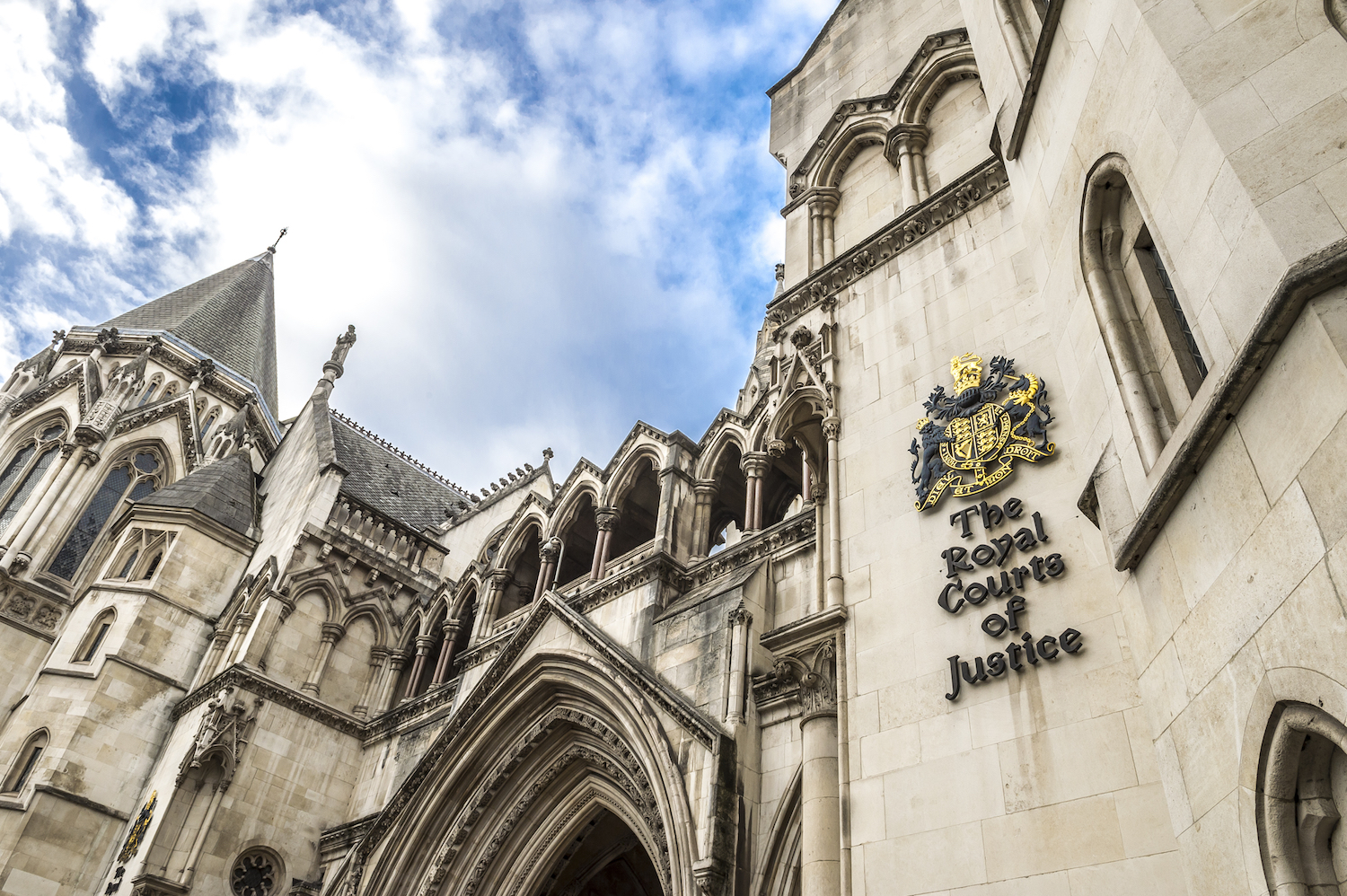The Global Challenge of Regulating Virtual Assets
The Global Challenge of Regulating Virtual Assets
The convergence of traditional finance and cryptocurrencies was more profound than ever this year. From the maturation of crypto-first digital commerce to MicroStrategy’s big bitcoin buy, it was a year of rampant technological adoption.
With the professionalization of the crypto industry came regulatory challenges. Evolving sectors such as decentralized finance (DeFi) and peer-to-peer transfers introduced new problems. Though, in the main, despite high-level confusion both private and public sectors progressed in developing regulatory frameworks and solutions that will continue to affect the crypto industry for years.
This post is part of CoinDesk’s 2020 Year in Review – a collection of op-eds, essays and interviews about the year in crypto and beyond. Michael Ou is CEO of CoolBitX, an international blockchain security company, and creator of FATF Travel Rule solution Sygna Bridge.
FATF’s ‘Travel Rule’
One of the most important gauges of the maturation of the global crypto asset sector this year was the Financial Action Task Force’s (FATF) first review of its Recommendation 16, or “Travel Rule” guidance for the crypto asset industry in July.
After adopting it in June 2019, the FATF conducted a 12-month assessment of the regulatory progress made to address the Travel Rule by member nations and the private sector, in particular Virtual Asset Service Providers (VASPs) and technical solution providers. The rule requires VASPs, such as crypto exchanges or wallet providers, to collect the names of both transaction senders and receivers as well as the national IDs of the former.
Noting that jurisdictions from all corners of the world map were close to or had implemented aligning regulations in July, the FATF noted progress and announced a second review in June 2021. Placing emphasis on emerging sectors such as stablecoins and central bank digital currencies (CBDC), the FATF made it clear that its second review of Travel Rule implementation was not a sign it would loosen its grip on the industry.
As innovation and emerging financial products in crypto such as DeFi – a challenge to effectively regulate due to their decentralized nature – continue to flood the market, the FATF seemed to have acknowledged the need to monitor and identify emerging risks. This will be something to look out for in its second review come July 2021.
Asia continues to lead the way in crypto adoption
In 2020, Asia continued to lead in cryptocurrency adoption and effective regulation.
Jurisdictions such as Singapore, South Korea, Japan and Hong Kong have recognized the advantage of being a first mover in crypto regulations and have taken the Travel Rule into consideration when developing frameworks for regulation.
This year, we have seen the significance of Singapore’s progress as Asia’s financial hub with its regulatory developments in the crypto asset space. The city-state has even exceeded FATF Travel Rule requirements with the Payment Services Act (PSA) enacted this year, and has been lauded frequently as an example of comprehensive regulations that do not stifle the progress of the industry.
As a result, the nation has attracted a large swathe of VASPs consisting of crypto exchanges such as Huobi, Binance and numerous other businesses. Leaked screenshots also showed that large banks and financial institutions such as DBS Bank have plans to launch digital asset exchanges, signaling the increasing appetite among traditional institutions in the region for digital assets and cryptocurrencies.
In North America, proposed modifications to the Bank Secrecy Act (BSA) requirement for financial institutions as well as VASPs to collect and retain information on funds transfers and transmittals of funds would lower the threshold from $3,000 to $250 for funds transfers. Though the results of the U.S. election were made clear by November, uncertainty remains as to the direction of the next administration, with neither candidate expressing a firm stance on the industry.
Meanwhile, the European Commission has proposed a new framework in the form of its Digital Finance Strategy to regulate cryptocurrencies. Uncertainties such as the ongoing Brexit agreement complicate the European landscape, given the U.K. market’s importance to Europe.
In Africa and Latin America – regions with the most pressing use cases for cryptocurrencies and digital assets – regulations have lagged behind as governments adopt a “wait and see” approach when it comes to crypto. South Africa is an exception, after publishing a draft declaration of crypto assets as a financial product.
Private-sector interoperability
As nations and jurisdictions made progress in crypto regulation to varying degrees, the private sector responded to the FATF guidance in a more unified way. On the technical solution side, we saw many working groups such as the Joint Working Group (JWG), made up of several Travel Rule solutions create and implement new data standards for information sharing such as InterVASP Messaging Standard, or IVMS101. Such standards speed up the progress of implementation and interoperability across solutions which will be welcome for VASPs, who will potentially engage with different solutions.
When it comes to meeting the requirements of the Travel Rule, the number of potential solutions in the market renders the necessity to adopt interoperable practices, and larger VASPs are likely to sign up to multiple providers.
With the FATF stressing in their July 2020 the need for interoperability across the private sector, the trend of corporation and partnerships across solutions and VASPs will be likely to continue going into the second term of FATF guidance.
Looking ahead
As COVID-19 took a hit on the global economy, with market downturns, lockdowns and reversing the progress of virtually every nation, the FATF conducted the first review of its Travel Rule guidance to regulators and the crypto industry revealing that full implementation was still on the horizon.
With the FATF’s second review in July 2021, we can expect to see some countries accelerate their efforts to implement aligning regulations, though it might be the case that full alignment might not be reached by this date. Nonetheless, as we expect the private sector to make more progress in implementing interoperable solutions that make for a better experience for VASPs, we can conversely expect VASPs to build out their AML strategies in anticipation of more regulatory scrutiny to come.










